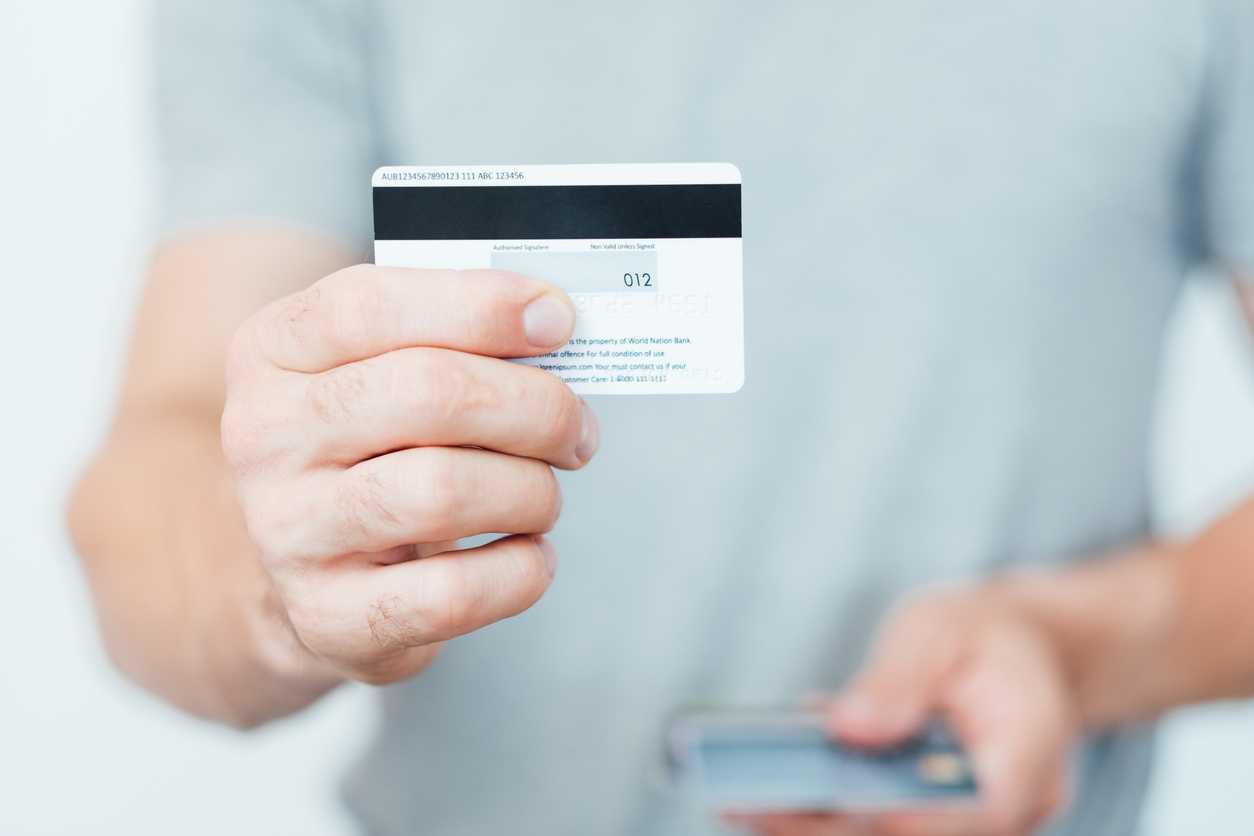Shopping online or by phone? Your credit card number and expiration date aren’t the only details merchants may ask for. They may also require your card’s security code, which can be found on the front or back of your card, depending on the issuer. The security code provides an added layer of protection against unauthorized credit card transactions. Here’s everything you need to know about finding your credit card security code and why it matters.
What is a Credit Card Security Code?
A credit card security code is a three- or four-digit number unique to your card. This code helps safeguard you against credit card fraud. When you shop online or by phone, merchants may request your security code to confirm that you have physical access to the card. It’s an additional measure to protect your financial information and prevent unauthorized transactions.
Tip: To further protect yourself against credit card fraud, regularly check your credit card statements and credit reports for any suspicious activity. You can access your credit reports for free every week through Dec. 2023 on AnnualCreditReport.com.
Other Names for Credit Card Security Codes
While commonly known as a CVV (Credit Verification Value), credit card security codes may have alternative names such as:
- CVS/CVC2 (Card Verification Value)
- CSC (Card Security Code)
- Card Verification Data
- CID (Credit Identification Number)
When Do You Need Your Credit Card Security Code?
You will typically need to provide your credit card security code in situations where the physical card is not present, including:
- Shopping online: When making online purchases, you may be asked to enter your credit card security code during the checkout process.
- Phone orders: If you place an order by phone, the merchant may also require your security code.
Why Credit Card Security Codes Are Important
Credit card security codes play a crucial role in adding an extra verification step for transactions where the merchant can’t physically confirm your card’s presence, such as online and phone transactions. While merchants can store your credit card number, they are prohibited from storing your security code, as per Payment Card Industry (PCI) Security Standards. By using security codes, it becomes more challenging for thieves who steal your card to commit credit card fraud against you.
Where to Find Your Credit Card Security Code Number
Most major credit card issuers place the security code on the back of the card, usually positioned to the right of your card number. For most cards, the security code consists of three digits. However, American Express uses a four-digit security code.
The table below highlights the location of the security code for four major credit card issuers:
| Credit Card Issuer | Security Code Location |
|---|---|
| Visa | Back of the card, right of card number |
| Mastercard | Back of the card, right of card number |
| Discover | Front of the card, right of card number |
| American Express | Back of the card, right of card number |
How to Find Card Security Code without the Card
Unfortunately, it is not possible to locate your credit card’s security code without the physical card. The security code serves as proof that you possess the card and cannot be accessed separately. If you have misplaced your card, it is essential to request a new one. Alternatively, you can inquire with your credit card provider about obtaining a virtual card number for online shopping, which eliminates the need for entering a security code.
Make It Harder for Identity Thieves
Your credit card security code helps protect you against credit card fraud. Major credit card networks like Discover, Mastercard, and Visa place the security codes on the back of the card, while American Express lists it on the front. Remember, while security codes offer added protection, it is not foolproof. Regularly monitoring your credit card statements and credit reports helps you detect and report any suspicious transactions promptly.
Frequently Asked Questions (FAQs)
Should you ever share your credit card security code?
You should only share your credit card security code with legitimate merchants. Sharing it with anyone else increases the risk of credit card fraud.
What other technology ensures the payment account is mine?
Some credit card issuers utilize dynamic credit card security codes, known as dCVV2. Instead of a fixed security code, consumers can request different codes for each transaction. This technology provides enhanced protection against credit card fraud compared to traditional security codes.
Do retailers need my CVV for a credit card charge refund?
Retailers have varying refund policies. While some may only require your receipt to issue a credit card refund, others may request additional information, such as your credit card number and CVV.
Remember, protecting your financial information is crucial in today’s digital age. Safeguarding your credit card with the CVV security code is one of the many steps you can take to secure your personal finances.
To learn more about personal finances, visit Personal Finances Blog, your go-to source for valuable insights and tips.

